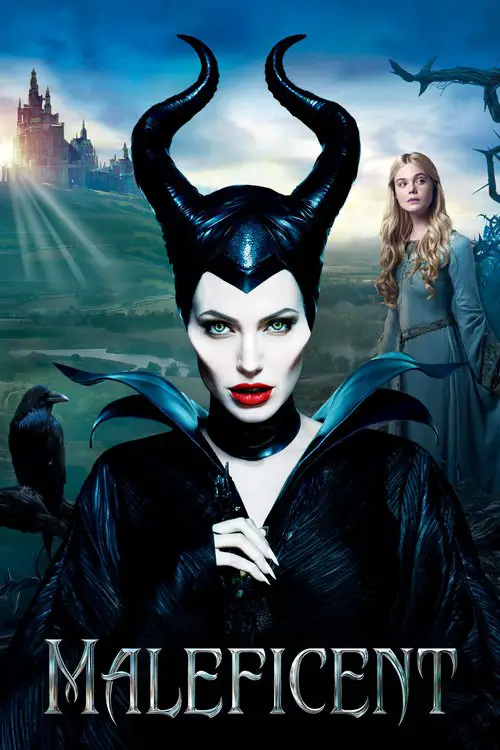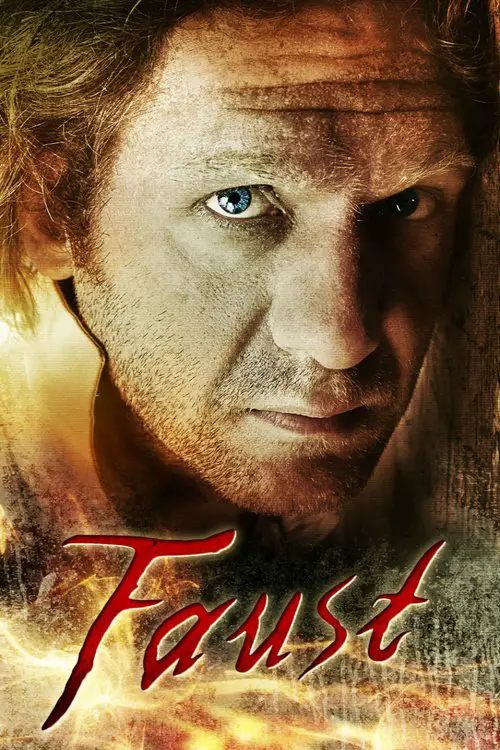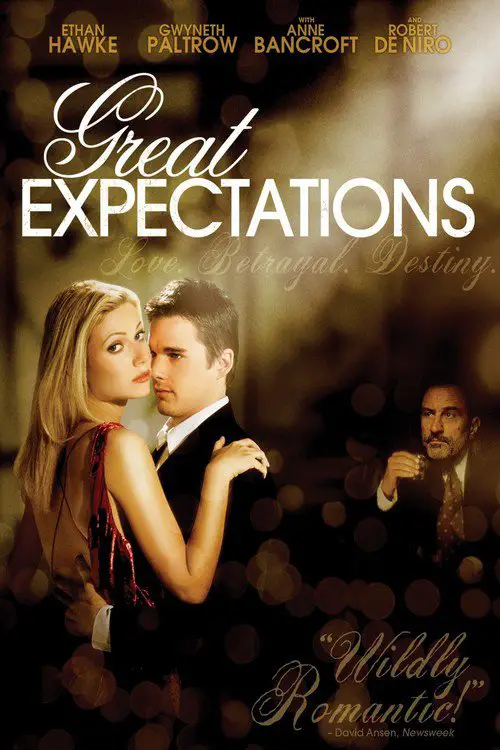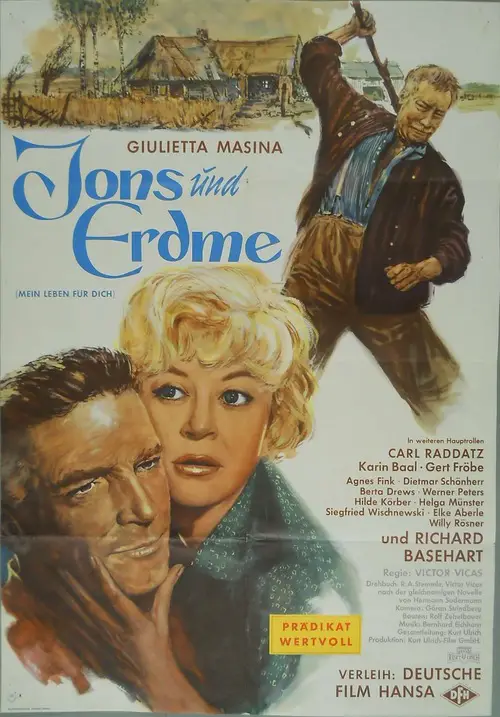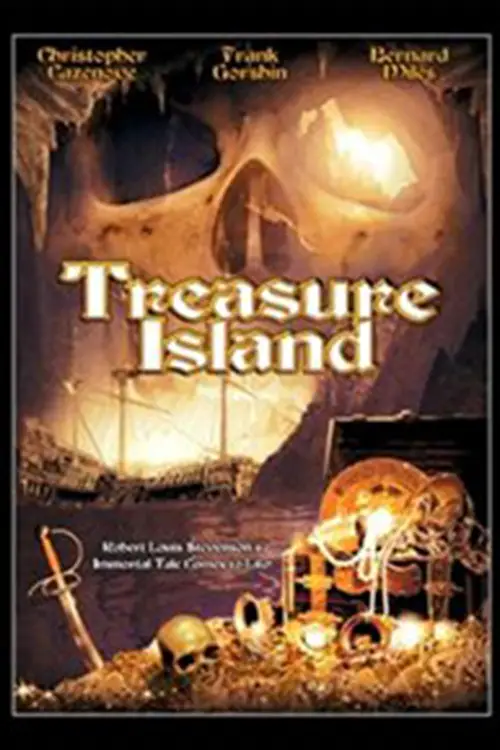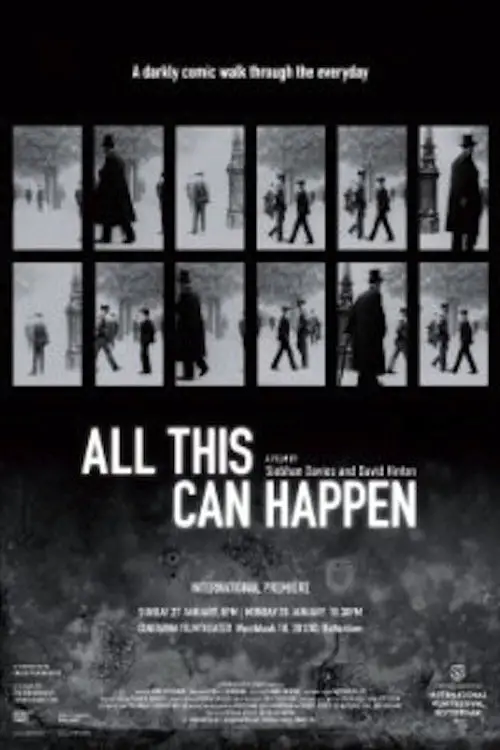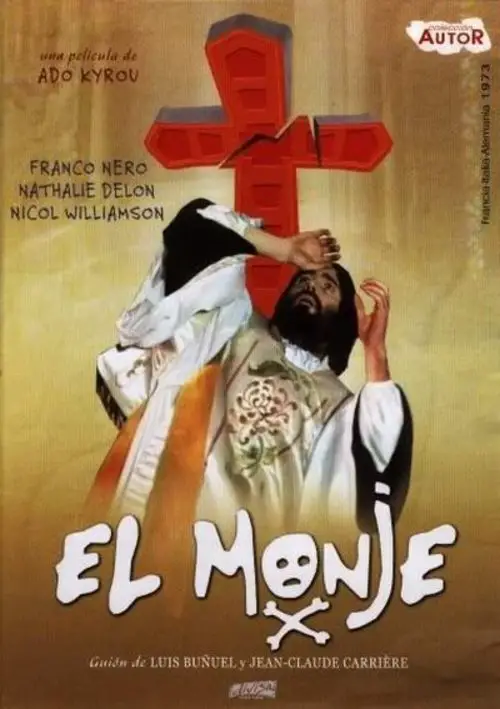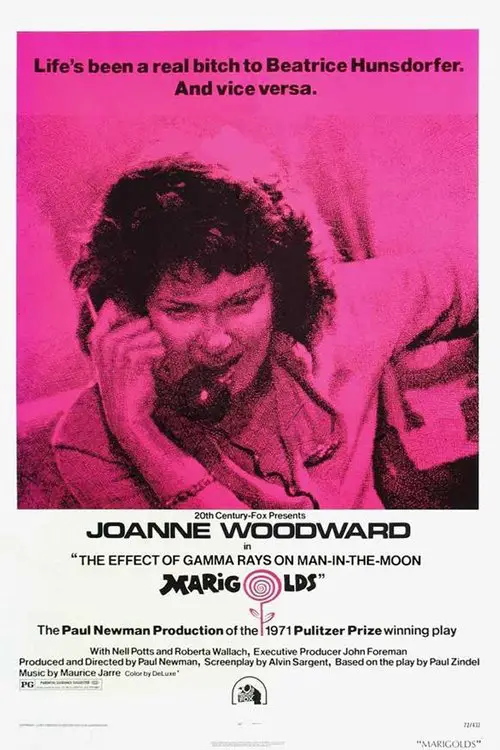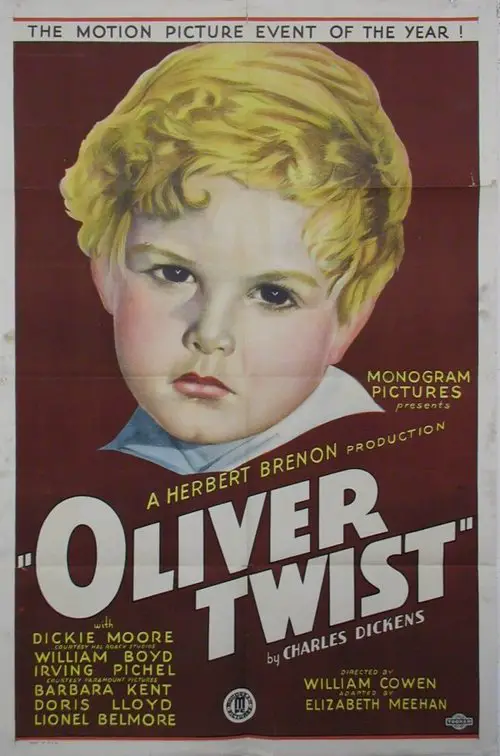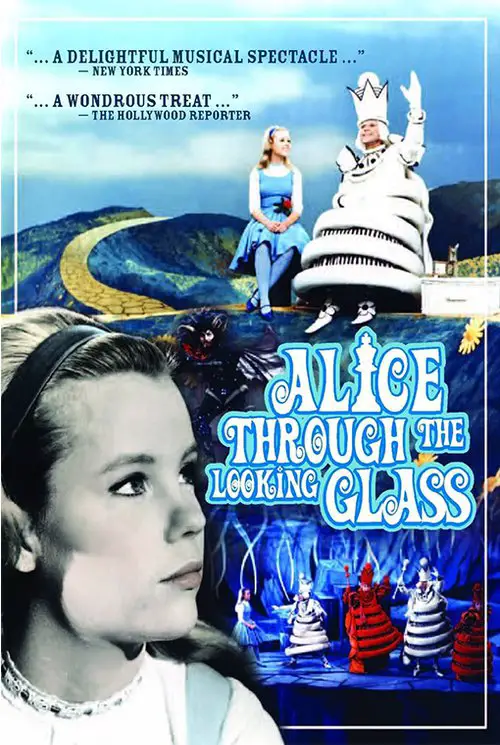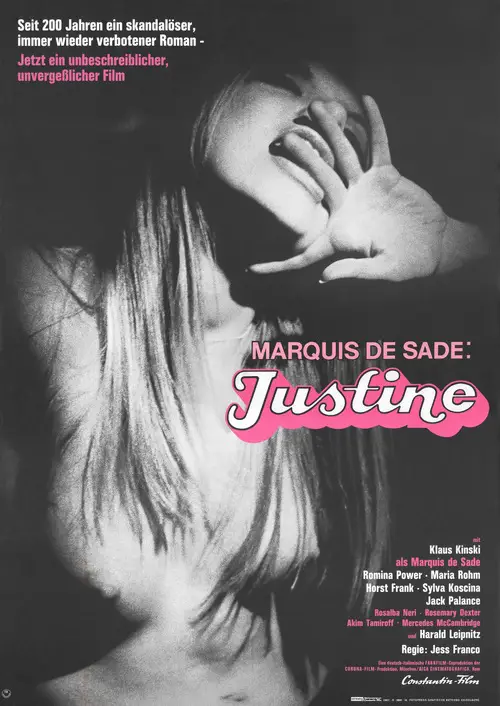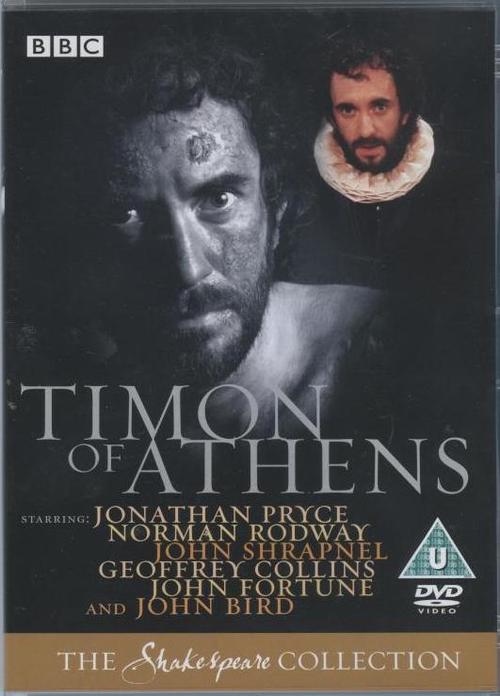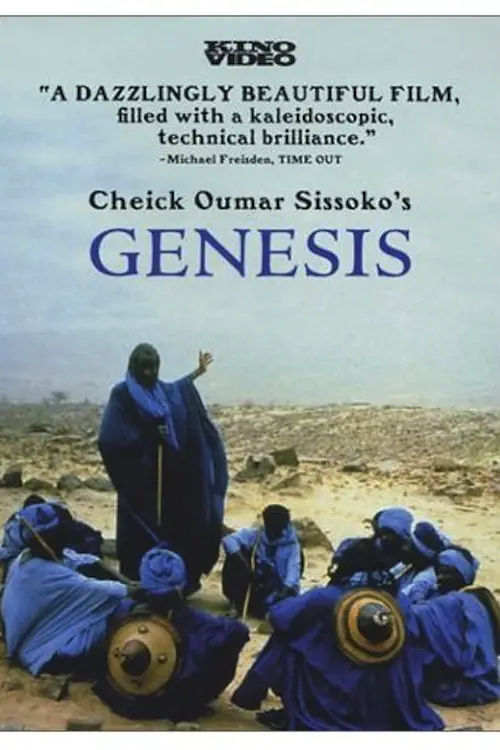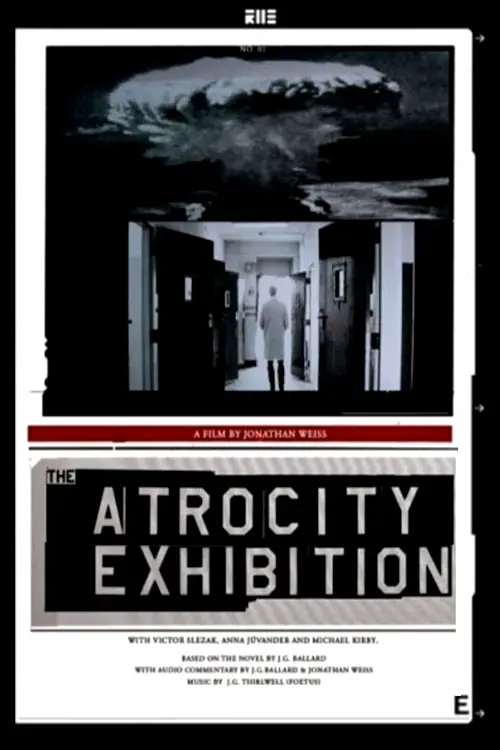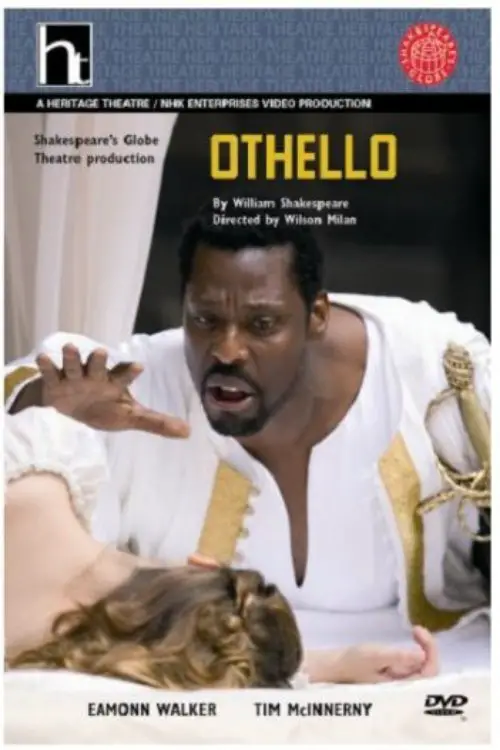Flooding With Love For the Kid (2010)
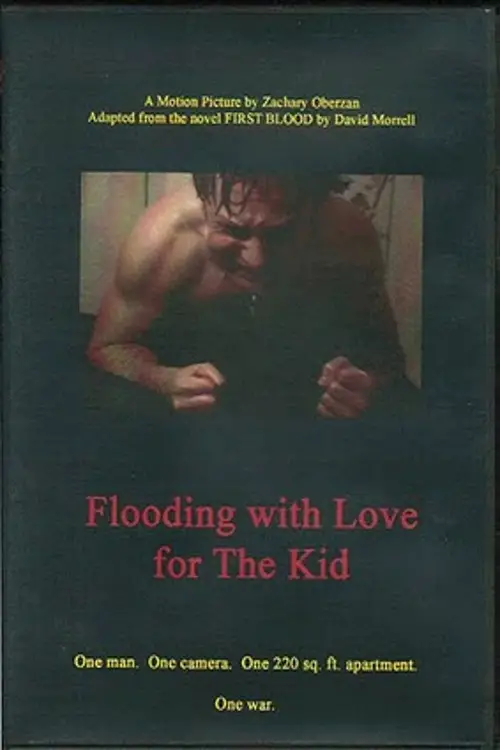
Similar movies
The untold story of Disney's most iconic villain from the 1959 classic 'Sleeping Beauty'. A beautiful, pure-hearted young woman, Maleficent has an idyllic life growing up in a peaceable forest kingdom, until one day when an invading army threatens the harmony of the land. Maleficent rises to be the land's fiercest protector, but she ultimately suffers a ruthless betrayal â an act that begins to turn her heart into stone. Bent on revenge, Maleficent faces an epic battle with the invading King's successor and, as a result, places a curse upon his newborn infant Aurora. As the child grows, Maleficent realizes that Aurora holds the key to peace in the kingdom - and to Maleficent's true happiness as well.
Faust is a 2011 Russian film directed by Alexander Sokurov. Set in the 19th century, it is a free interpretation of the Faust legend and its literary adaptations by Johann Wolfgang von Goethe and Thomas Mann. The dialogue is in German. The film won the Golden Lion at the 68th Venice International Film Festival.
Loosely based on the Charles Dickens' classic novel, "Great Expectations" is a sensual tale of a young man's unforgettable passage into manhood, and the three individuals who will undeniably change his life forever. Through the surprising interactions of these vivid characters, "Great Expectations" takes a unique and contemporary look at life's great coincidences.
A flickering dance of intriguing imagery brings to light the possibilities of ordinary movements from the everyday which appear, evolve and freeze before your eyes. Made entirely from archive photographs and footage from the earliest days of moving image, All This Can Happen (2012) follows the footsteps of the protagonist from the short story 'The Walk' by Robert Walser. Juxtapositions, different speeds and split frame techniques convey the walker's state of mind as he encounters a world of hilarity, despair and ceaseless variety.
Ambrosio (Franco Nero) is a monk who is sexually tempted by an emissary of the Devil, a young girl in monk's robes. After he has committed numerous crimes, it appears that he will be caught and punished by the Inquisition. Instead, he signs up on the Devil's team and wins his freedom.. and eventually, the papacy.
From the Pullizer Prize winning play by Paul Zindel, this is the story of Beatrice Hunsdorfer and her daughters, Ruth and Matilda. A middle-aged widowed eccentric, Beatrice is looking for her life in the classified ads while all about her is the rubble of an unkempt house. All she needs is the right opportunity, she says puffing on a cigarette. Poorly equipped to survive the vagaries of modern life, she has nonetheless always managed to muddle through. Ruth, epileptic and making her way through the rebellious phase of adolescence, seems doomed to make the same mistakes as her mother. Quiet Matilda, on the other hand, seeks refuge in her animals and her schoolwork. "Jesus, don't you hate the world, Matilda?" Beatrice asks her youngest daughter. The title of the film is also the subject of Matilda's science project at school and serves as a metaphor for the way life affects each of us differently...
The Tragedy of Othello, the Moor of Venice is a tragedy by William Shakespeare, believed to have been written in approximately 1603, and based on the Italian short story Un Capitano Moro ("A Moorish Captain") by Cinthio, a disciple of Boccaccio, first published in 1565. The work revolves around four central characters: Othello, a Moorish general in the Venetian army; his new wife, Desdemona; his lieutenant, Cassio; and his trusted ensign, Iago. Because of its varied and current themes of racism, love, jealousy and betrayal, Othello is still often performed in professional and community theaters alike and has been the basis for numerous operatic, film and literary adaptations.
© Valossa 2015–2026
| Privacy Policy
